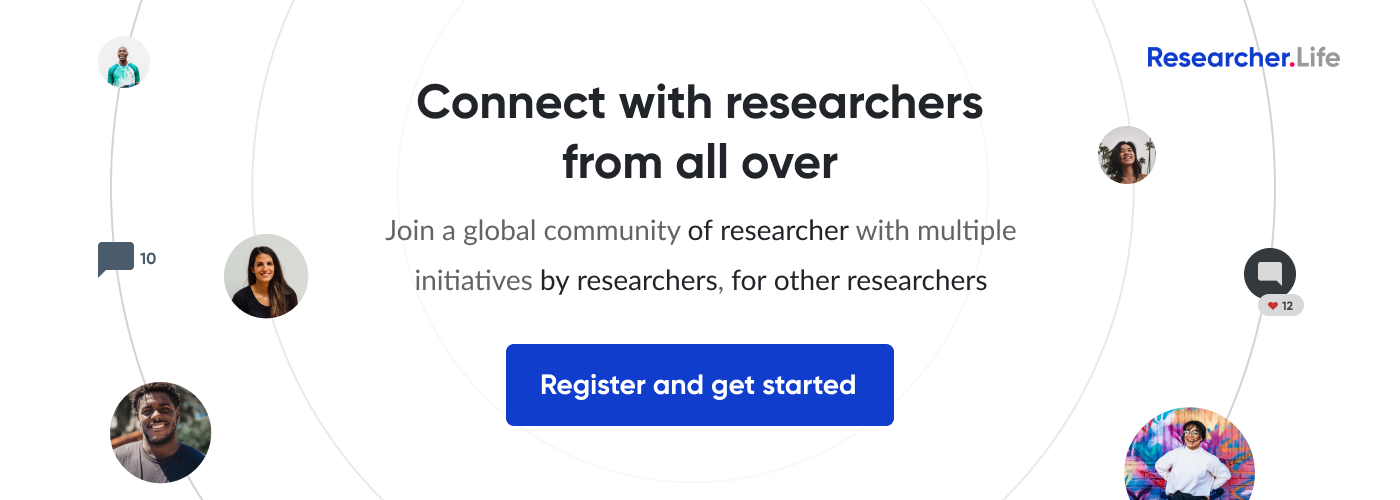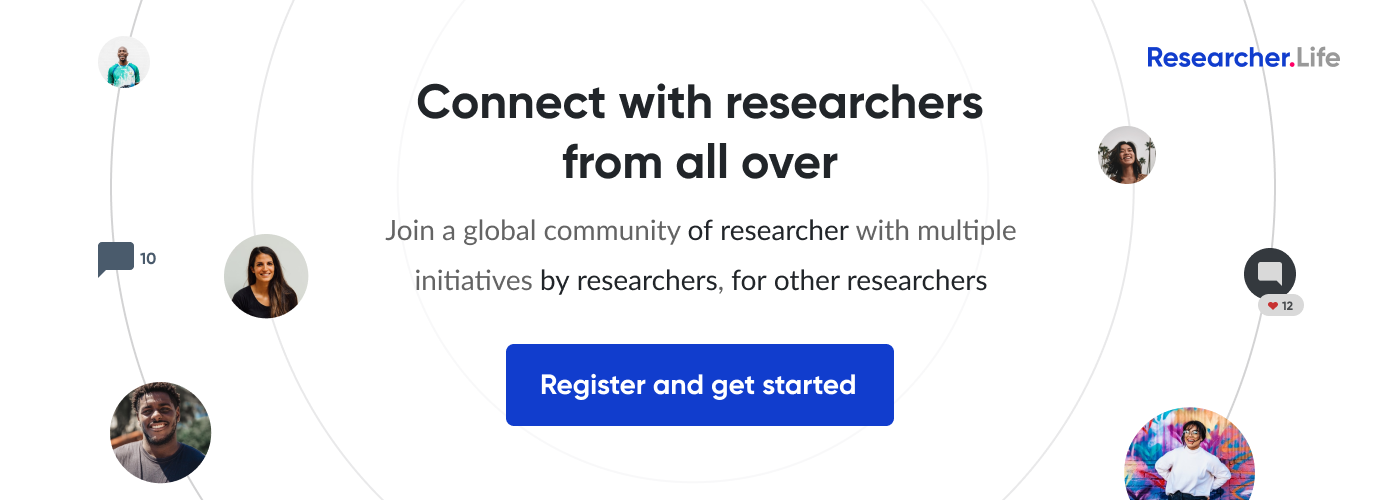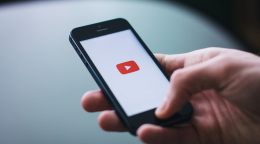Bridging the gap: Understanding public trust in scientists

What the Data Says About Public Trust in Science
The Pew Research Center recently released data from a survey of 9,593 U.S. adults, conducted over a seven-day period in October 2024. The survey was administered either via online invitations or by telephone with a live interviewer. According to the results, 76% of U.S. adults report having either a great deal or a fair amount of confidence in scientists to act in the best interests of the public, while 23% express either little or no confidence (Pew Research Center, 2024).
This marks a 3% improvement in public trust in scientists compared to October 2023, when 73% expressed confidence and 27% did not (Pew Research Center, 2024). Notably, this trend reflects a steady recovery since the height of the COVID-19 pandemic.
Pre-pandemic data from January 2019 indicated that 86% of Americans had a great deal or fair amount of confidence in scientists, with just 13% expressing little or no confidence (Pew Research Center, 2024). However, during the pandemic, public trust in scientists fluctuated. When the World Health Organization (WHO) declared COVID-19 a global pandemic in March 2020, 87% of U.S. adults reported confidence in scientists. By November 2020, however, that number had decreased slightly to 84%, while 15% expressed little or no confidence (Pew Research Center, 2024).
As the pandemic continued, public confidence further declined. By December 2021 and September 2022, just 77% of U.S. adults expressed a great deal or fair amount of trust in scientists—representing a 7% drop since April 2020. Meanwhile, the percentage of people with little or no confidence rose to 22% in December 2021 and 23% in September 2022 (Pew Research Center, 2024).
The most significant drop in trust occurred between pre-pandemic January 2019 and October 2023. By October 2023, the percentage of Americans with a great deal or fair amount of confidence in scientists had fallen to 73%, while the percentage expressing little or no confidence surged to 27%, marking a 14% increase compared to the pre-pandemic era (Pew Research Center, 2024).
Figure 1: Public confidence in scientists declined during the COVID-19 pandemic but shows a slight recovery in October 2024. However, confidence remains lower than pre-pandemic levels. Data is from the Pew Research Center's report, Public Trust in Scientists and Views on Their Role in Policymaking. Respondents who did not provide an answer are excluded from the data.
The majority of U.S. adults view most research scientists as intelligent (89%), skilled at working in teams (71%), focused on solving real-world problems (65%), and honest (65%) (Pew Research Center, 2024). It’s encouraging that the public recognizes scientists for their intelligence and collaborative skills. However, there is room for improvement in how scientists promote the importance of their work in solving real-world issues and maintaining transparency. Despite being viewed as honest by two-thirds of U.S. adults, scientists still face challenges in conveying the broader societal impact of their work.
Additionally, nearly half (49%) of adults surveyed perceive scientists as socially awkward (Pew Research Center, 2024). This perception is likely linked to the public's view of scientists as highly intelligent, with 47% of adults considering them "superior" to others (Pew Research Center, 2024), which may contribute to the stereotype of social awkwardness.
Fewer adults (45%) rated scientists as good communicators, a drop of 9% from pre-pandemic levels in 2019 (Pew Research Center, 2024). During the COVID-19 pandemic, frustration grew over shifting health guidelines, with 60% of Americans reporting confusion about the changing information in a 2022 Pew study (Pew Research Center, 2024).
In addition, about one-third of U.S. adults view scientists as neglecting societal moral values (36%) or as "cold" (34%)—a term that likely reflects perceptions of scientists as emotionally distant, uncaring, or lacking empathy (Pew Research Center, 2024). Surprisingly, 28% of adults also described scientists as closed-minded, despite the fact that openness to new ideas and evidence is a cornerstone of scientific inquiry.
Figure 2: Scientists are generally seen as intelligent and skilled at working in teams, but fewer than half of U.S. adults view them as good communicators. A minority of respondents perceive scientists as "cold" or "closed-minded." Data from the Pew Research Center’s report, Public Trust in Scientists and Views on Their Role in Policymaking. Respondents who did not provide an answer are excluded from the data.
Science and Society: A Global Snapshot of Trust in Scientists
A recent study, currently undergoing peer review and published online as a preprint, titled "Trust in Scientists and Their Role in Society Across 68 Countries" (Cologna et al., 2024), examines public trust in scientists and their role in society. The study surveyed 71,922 respondents from 68 countries in 2022 and 2023. It found that, overall, most people in these countries trust scientists and believe that scientists should be more engaged in societal issues and policymaking (Cologna et al., 2024; Soliman, 2024).
Among the 68 countries, the top 10 nations with the highest levels of trust in scientists were Egypt, India, Nigeria, Kenya, Australia, Bangladesh, Spain, Turkey, New Zealand, and Argentina (Cologna et al., 2024). The United States ranked 12th in terms of public trust in scientists (Cologna et al., 2024). Conversely, the 10 countries with the lowest levels of trust in scientists were Japan, Slovakia, Taiwan, Israel, Nicaragua, Ethiopia, Russia, Bolivia, Kazakhstan, and Albania, which ranked last for trust in scientists (Cologna et al., 2024).
In a global snapshot of respondents from 68 countries, 54% strongly agree that scientists should communicate about science with the general public, while only 2% strongly disagree (Cologna et al., 2024). In contrast, just 30% strongly agree that scientists should communicate their findings to politicians, with 11% strongly disagreeing (Cologna et al., 2024). The top perceived and desired priorities for scientific research are improving public health, followed by solving energy problems and reducing poverty. In contrast, developing defense and military technology is considered a lower priority (Cologna et al., 2024).
Next steps for Science Communication
Overall, the United States and many countries around the world trust scientists. However, as scientists, we must improve our communication with the public, better understand their priorities, and remain open-minded toward different perspectives. In the event of another global pandemic, public health officials and scientists need to do a better job of educating the public, staying focused on health guidelines, and ensuring that everyone is aligned and informed.
References
Pew Research Center, November 2024. “Public Trust in Scientists and Views on Their Role in Policymaking.” https://www.pewresearch.org/science/2024/11/14/trust-in-science-2024-acknowledgments/
Cologna, V. et al. Preprint at OSF Preprints https://doi.org/10.31219/osf.io/6ay7s (2024).
Soliman A. (2024. November 14). US trusts in scientists plunged during the pandemic – but it’s starting to recover. Nature. https://www.nature.com/articles/d41586-024-03723-5
Comments
You're looking to give wings to your academic career and publication journey. We like that!
Why don't we give you complete access! Create a free account and get unlimited access to all resources & a vibrant researcher community.














